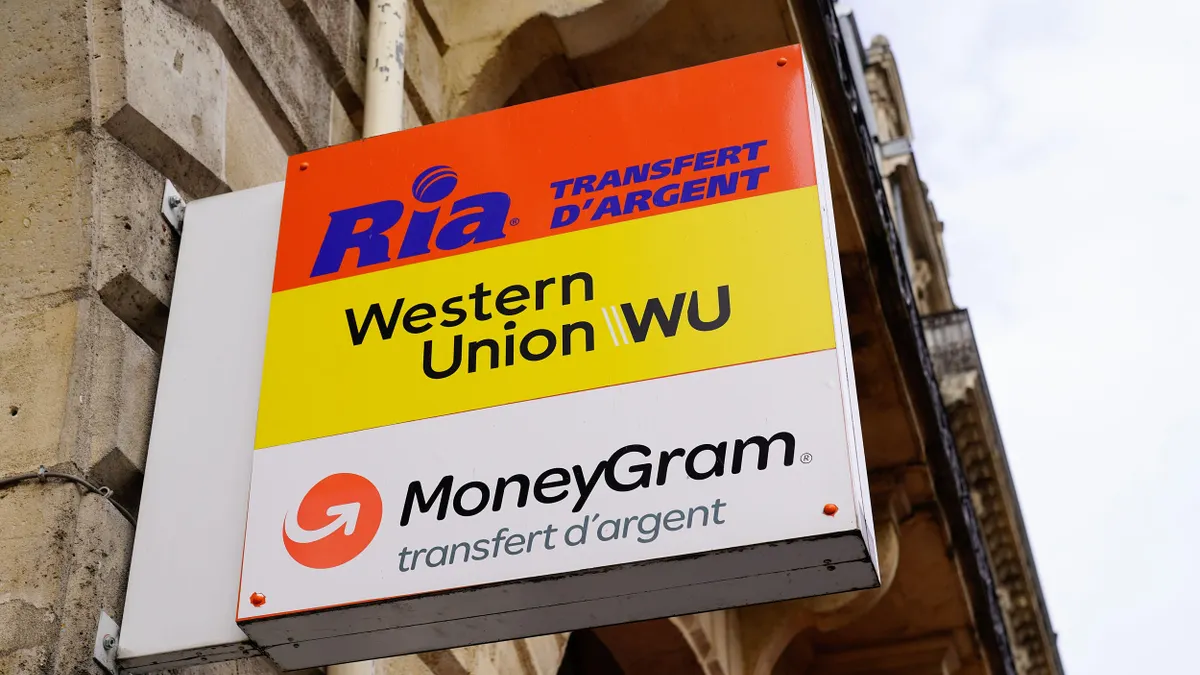Sukhi Sandhu is the chairman of the National Coalition of Associations of 7-Eleven Franchisees (NCASEF) and owner/operator of eight 7-Eleven stores.
Small business owners from across the country recently sounded the alarm for lawmakers on Capitol Hill about an issue that is wreaking havoc on our businesses — runaway credit card swipe fee increases.
Visa and Mastercard have maintained a tight grip on the payments industry and continually use their power to force small retailers and shoppers to shoulder this financial burden, something that I have seen firsthand for my own businesses.
Congress has a responsibility to bring much-needed transparency and competition to these incredibly profitable companies before these fees put your local barber, bar or convenience store out of business.
While there may be ample independent networks that are equipped to route credit card transactions, Visa and Mastercard currently monopolize the market. These two companies have continually raised processing fees — also known as swipe fees — imposing added costs on millions of merchants forced to comply.
The increases are most devastating for hard-working small business owners and their customers. As inflation continues to rise, and with our country staring down the barrel of a potential recession, they chose to raise swipe fees yet again, despite posting profits.
As a small business owner, I see firsthand how destructive swipe fee price surges have been. I’ve been a 7-Eleven franchisee for over 20 years and currently own and operate eight 7-Eleven stores across California’s Central Valley, employing nearly 200 local workers.
No different than other small businesses, I accept Visa and Mastercard for purchases in my stores. You can imagine the concern for my businesses and the people that I employ when I learned that these colossal credit card companies — who have amassed a 70% share of the market — have jacked up their swipe fees yet again.
As the chairman of the National Coalition of Associations of 7-Eleven Franchisees (NCASEF), I frequently speak with other small business owners across the country, not just those in the convenience store industry, about the challenges they face. Their number one concern: the rising expense of swipe fees.
Swipe fees have been climbing for years, rising 112% over the previous decade. In 2021 alone, swipe fees increased by 24% over the previous year, totaling a staggering $137.8 billion.
Many non-essential retailers were forced to close their doors during the COVID-19 pandemic, but my stores and many of my convenience store retail colleagues around the country remained open in providing essential goods to our community. Punishing businesses that provided a lifeline during the pandemic feels downright un-American.
To stay in business now, we must make difficult choices, including forgoing filling open positions and increasing prices on our products. Some small businesses have even resorted to charging an additional checkout fee for using a credit card. That means higher prices for consumers who are already feeling the squeeze from inflation. And mine is not the only small business confronting this challenge.
According to the National Association of Convenience Stores, swipe fees are now retailers’ second highest operating cost. If these types of small businesses are being harmed, unfortunately, so too are our customers. The National Retail Federation reports that swipe fees average over 2% of the transaction amount for Visa and Mastercard credit cards, amounting to more than $700 a year for the average American family.
Meanwhile, our economy is facing new strains. In September, the consumer price index showed prices rose by 6.2% in August from a year earlier, which caught Wall Street and economists off guard. While more American businesses and shoppers are dealing with these issues, credit card companies have been making out just fine.
U.S. swipe fees are among the highest in the world: Americans pay 1.5 times more in swipe fees than in the U.K. and 1.35 times more than in China. Here in America, there are no fee constraints or network routing competition on credit cards. But instead of relieving inflationary pressures by lowering fees, these companies continue to operate without regard for everyday Americans.
Most franchisees have no issues with credit cards themselves — they make transactions convenient and safe — but we can agree that dominant card companies should no longer be allowed to exploit us for financial gain.
Fortunately, lawmakers have come to the aid of small businesses and consumers. The bipartisan Credit Card Competition Act, introduced in both the U.S. House and Senate, would enhance competition and address the Visa-Mastercard duopoly. For small businesses desperately in need of help, this bill is a lifeline. Lawmakers on both sides of the aisle should support its passage.



















